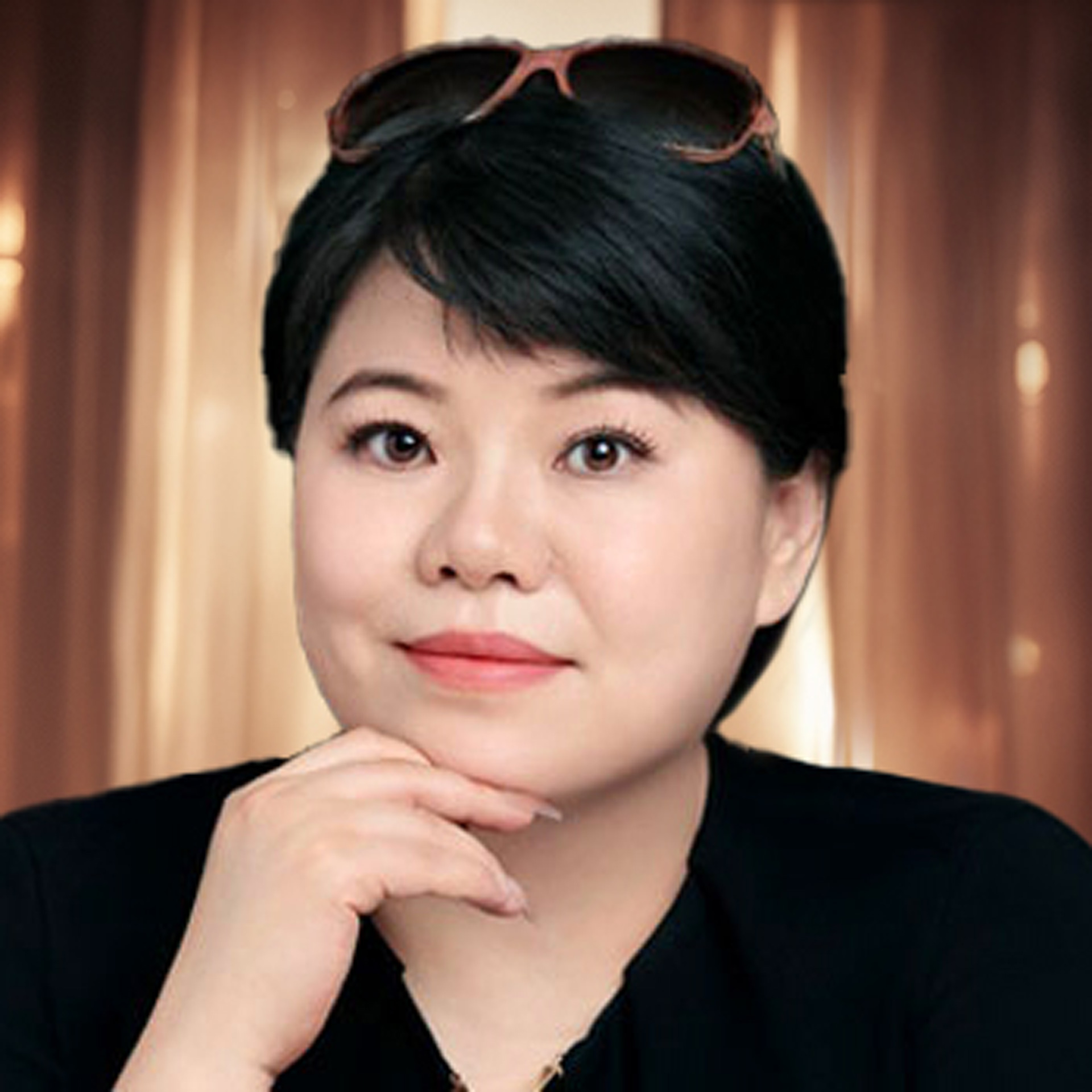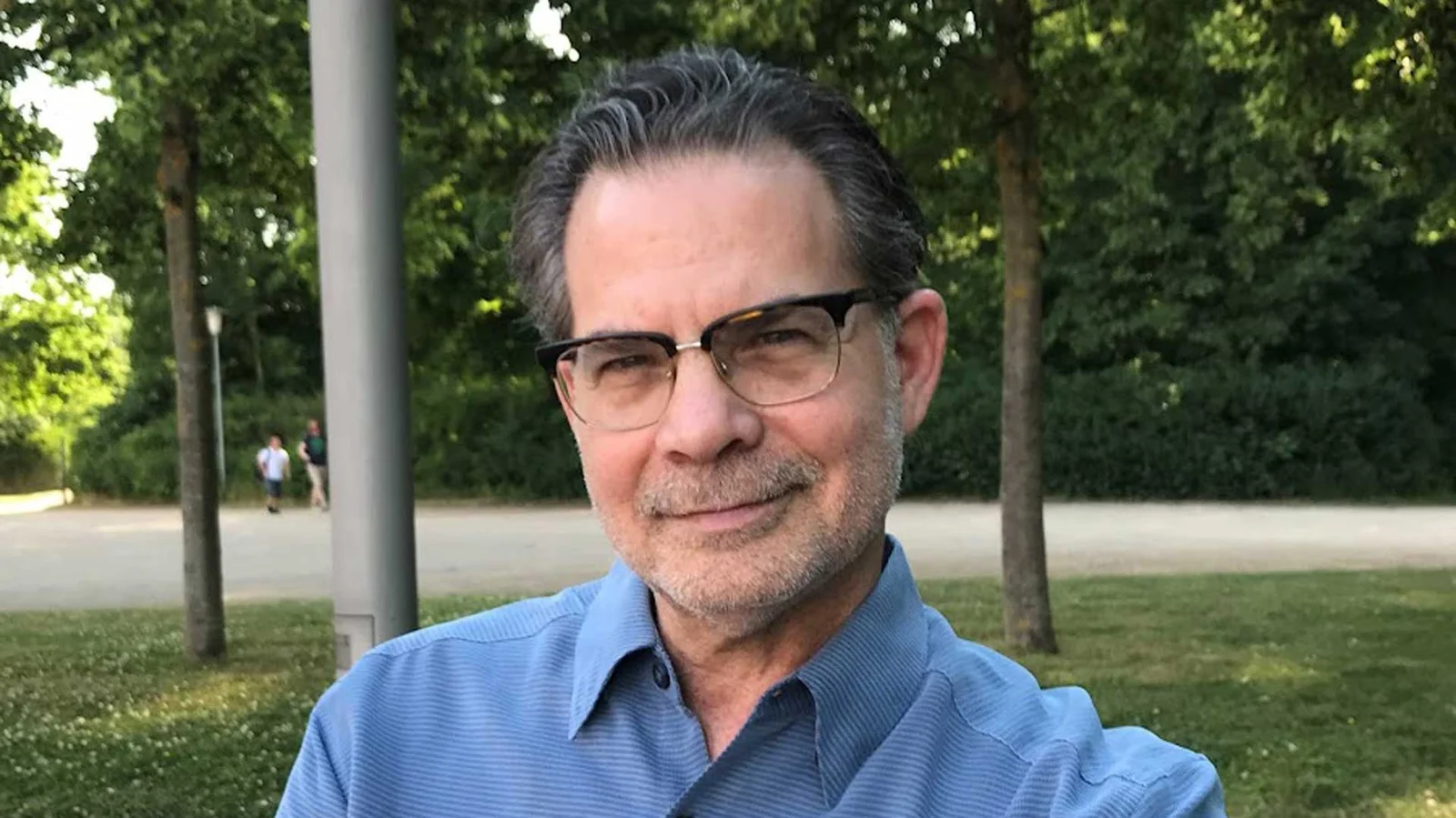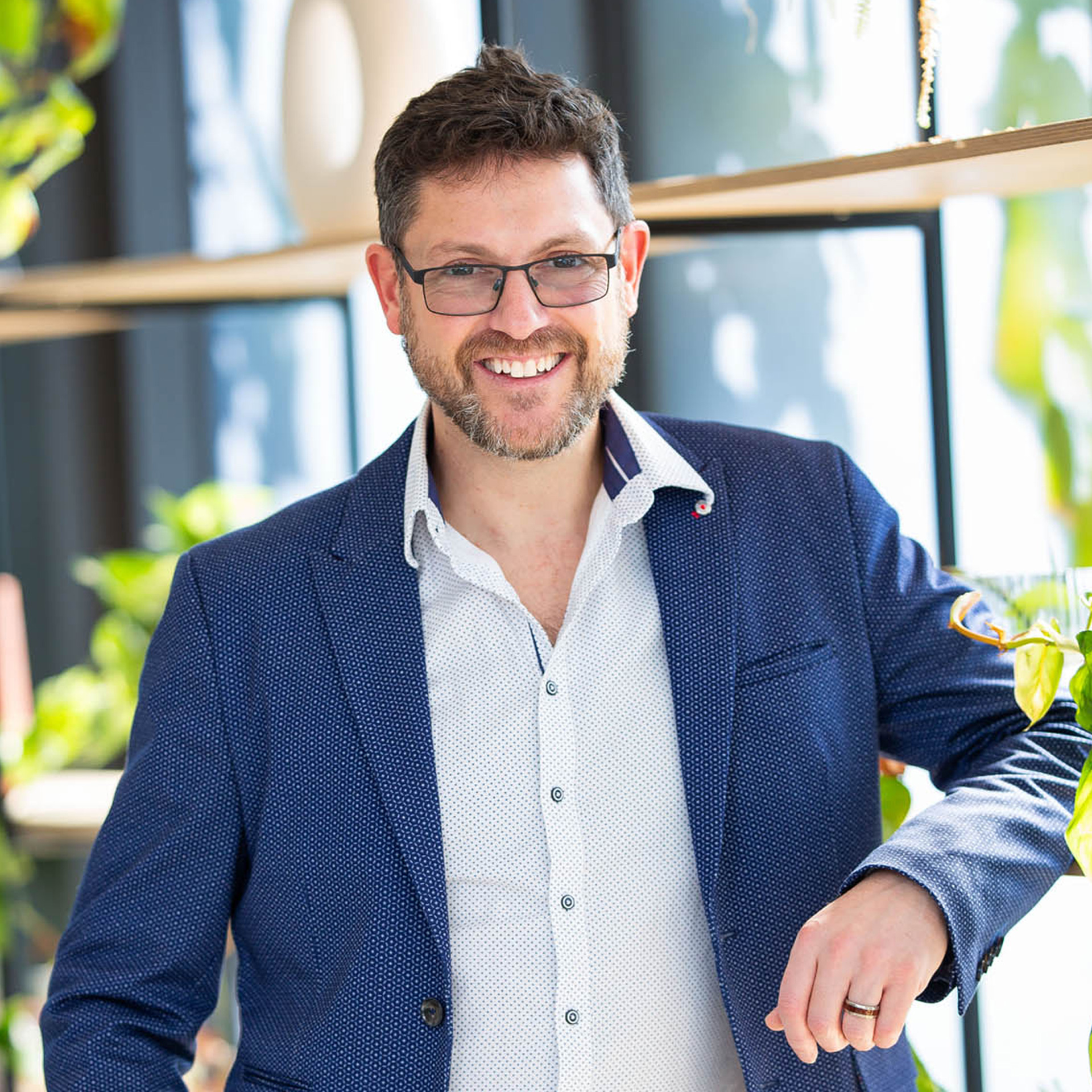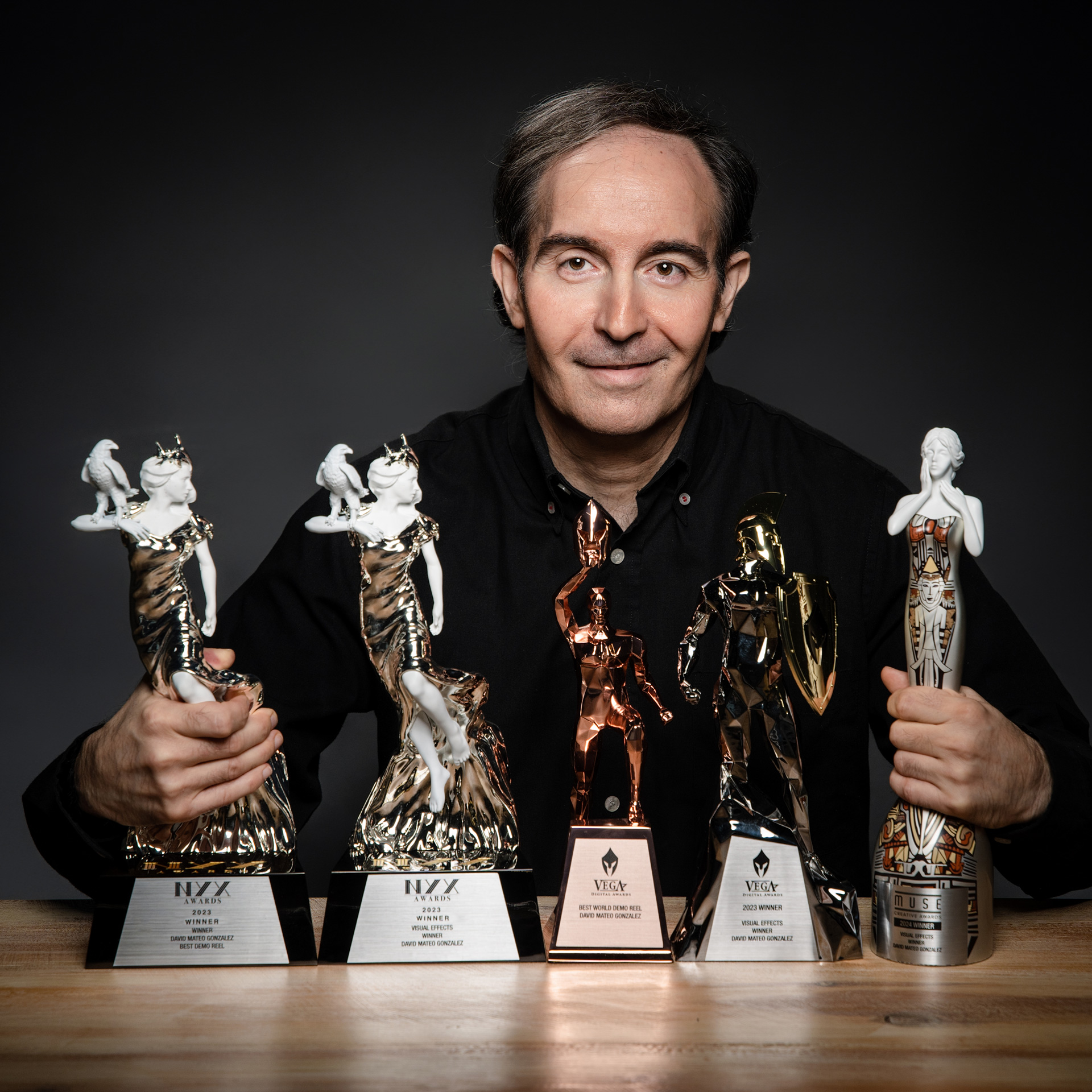Against War: The Music and Message of Stanley Grill
Stanley Grill
Classical composer Stanley Grill, whose four-decade journey in music is defined by emotional depth and lyrical precision, recently completed recording song cycles for soprano and string orchestra. Marking his first collaboration with the renowned Chamber Orchestra Mannheim, the works are set for release in 2025 and reflect his passion for creating music that resonates deeply.I’ve been composing classical music for four decades, beginning shortly after completing my music theory studies at the Manhattan School of Music. For much of that time, I had little opportunity to do more than stay at home and write. In recent years, with more time available, I’ve made a concerted effort to start recording and distributing my work. The recognition from the LIT Music Awards is truly appreciated!
I have faith in my own music and would continue creating it no matter what. Still, it’s incredibly encouraging to know that my efforts are valued and recognized by juried competitions like the LIT Music Awards.
My mother took me to Carnegie Hall when I was just six years old. The music I heard that night—Debussy's La Mer—absolutely floored me. Afterwards, I begged my mother incessantly to start music lessons, and I never looked back.
I wouldn’t call my sources of musical inspiration unusual, as composers throughout the ages have drawn from similar experiences. The events of our lives—whether positive or negative—evoke emotional responses, and those emotions often find their way into music.
I guess I'm a boring classical composer—no rituals, just disciplined work. Like any other craft, consistent effort is the key to improving and creating more inspired work.
I often get ideas where the overall shape of a piece comes to me all at once. From there, it’s a matter of finding the right notes to bring that idea to life. I start with the first note and keep going until I reach the end.
Music is a direct language of emotional expression. I hope that the sounds I create seep into the subconscious of anyone listening intently and let them feel—deeply.
Since I first started composing, the music that appeals to me has never aligned with the trends of the day. When I began, atonal music was all the rage—if you weren't writing it, you wouldn't be taken seriously as a composer.
Then the trends shifted toward minimalism, and today, they are evolving into something else. None of that music resonates with me, so I simply follow my own path, writing the kind of music I believe is meaningful.
It was hearing a live performance of Debussy's La Mer at Carnegie Hall that truly stunned me. I simply couldn't believe my ears! Throughout my life, I've loved all kinds of music and can't imagine getting through life's travails without it.
I started out as a pianist and initially entered conservatory as a piano major. However, after a while, I learned enough to realize how much there was to know about music—and how very little I knew. I switched my major to music theory, and it is only because of that decision that I learned the skills and techniques that enabled me to start composing.
It is music written to inspire in the hearts and minds of those who hear it a belief that world peace is actually possible—if only enough people desire it.
The poems I selected came from an anthology of works by hundreds of American poets protesting George Bush's decision to begin a war in Iraq. They are very intense. Finding the right music to express the power of those poems required me to step well outside my usual comfort zone when composing.
I just completed recording several song cycles for soprano and string orchestra, which will be released later in 2025. It was my first time collaborating with the Chamber Orchestra Mannheim, and they were wonderful musicians to work with.
That's easy! I would love to work with Cecilia Bartoli and write music for her to perform. The vibe would be ecstatic!
Needless to say, submitting music for a juried award competition is always a risk. Will they appreciate my music—or not? It has been my good fortune to find that my musical efforts are recognized as valuable and appreciated.
Winning Entry
Explore the journey of Stephen Melillo, the Silver Winner of the 2024 LIT Music Awards. His career includes over 1,360 compositions, four symphonies, and numerous international awards, including a "Best Cinematic Soundtrack" win at the New Age Radio Music Awards and the LIT Songwriting-Audio-Music-Book Narration & Score Award. A three-time Pulitzer Prize nominee, Stephen Melillo’s work continues to inspire globally.
ADVERTISEMENT










IAA GLOBAL AWARDS
MUSE Awards
Vega Awards
NYX Awards
TITAN Awards
- TITAN Business Awards
- TITAN American Business Awards
- TITAN Property Awards
- TITAN Women In Business Awards
- TITAN Health Awards
- TITAN Innovation Awards
- TITAN Brand Awards







